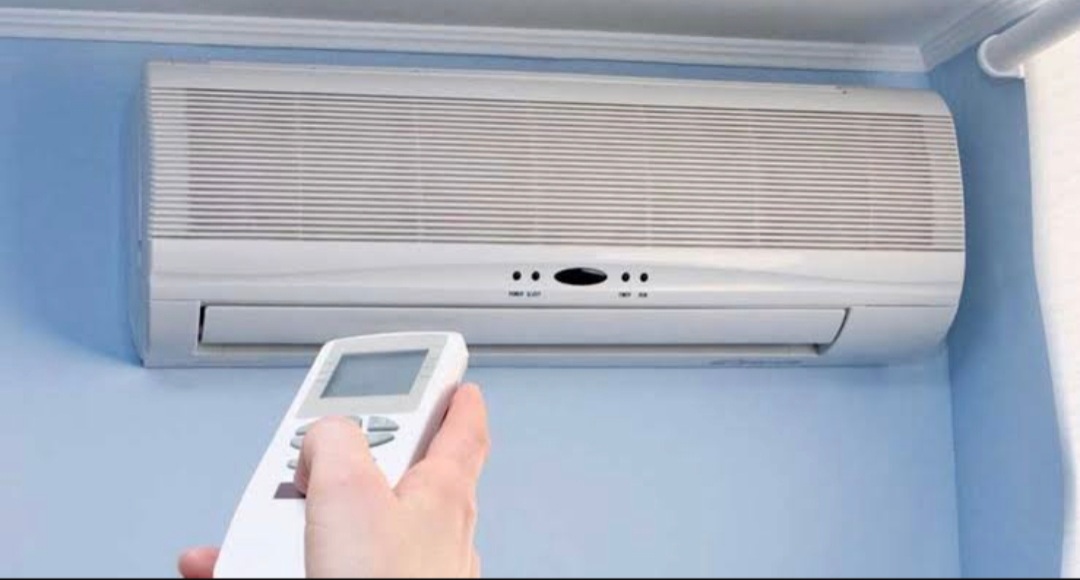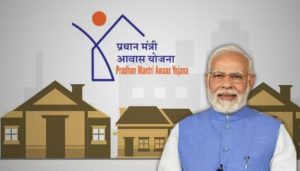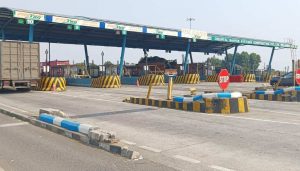Experts Explain If Air Conditioners Need Stabilizer In Indian Homes

New Delhi, 20th April 2025: With the onset of summer and rising temperatures across India, many households are debating whether air conditioners should be used with a stabilizer or without one. The question has gained significance as more people invest in air conditioning units to combat heatwaves. Experts and manufacturers are now clarifying the necessity of voltage stabilizers for modern air conditioners, especially in regions with frequent power fluctuations.
According to recent guidance from leading appliance engineers and energy consultants, the decision to use a stabilizer depends largely on the type of air conditioner and the local electricity supply conditions. Most new-generation inverter air conditioners come equipped with built-in voltage protection, making external stabilizers unnecessary in many urban areas with stable power. However, in places where voltage fluctuations are common, a stabilizer is still recommended to safeguard the appliance from sudden surges or drops in power, which can lead to costly repairs or reduced lifespan.
Ravi Kumar, an electrical engineer from Delhi, explained, “Many premium air conditioners now have advanced voltage protection circuits. But in cities and towns where power supply is inconsistent, a stabilizer acts as an extra layer of safety. It is a small investment compared to the potential damage caused by voltage spikes.” He added that users should check their air conditioner’s voltage range and consult the manufacturer’s manual before making a decision.
Manufacturers like LG, Samsung, and Voltas have also issued advisories. Their representatives confirm that while their latest models are designed to handle a wide voltage range, they still recommend using a stabilizer in areas with erratic electricity. According to Suman Sharma, a service manager with a leading appliance brand, “A stabilizer not only protects your AC but also ensures consistent cooling performance. It can prevent unexpected shutdowns and extend the machine’s operational life.”
Consumer feedback highlights a mix of experiences. While some urban users report no issues running their air conditioners without stabilizers, residents in smaller towns and rural areas have faced breakdowns due to voltage instability. Ramesh Singh, a resident of Kanpur and small business owner, shared, “Last year, my AC’s compressor failed after a power surge. Since installing a stabilizer, I haven’t faced any problems.”
The Bureau of Energy Efficiency (BEE) also recommends assessing local power conditions before deciding. Their guidelines suggest that while modern ACs are robust, a stabilizer is a prudent choice in regions prone to voltage swings. The cost of a stabilizer is minimal compared to the price of repairing or replacing key components like compressors or circuit boards.
In summary, experts advise consumers to evaluate their local power supply and the specifications of their air conditioning units. For those living in areas with stable electricity and using the latest inverter ACs, a stabilizer may not be essential. However, in locations with frequent voltage fluctuations, using a stabilizer remains a wise precaution to ensure the longevity and optimal performance of air conditioners. As summer intensifies, making an informed choice can help households avoid unnecessary expenses and inconvenience.








